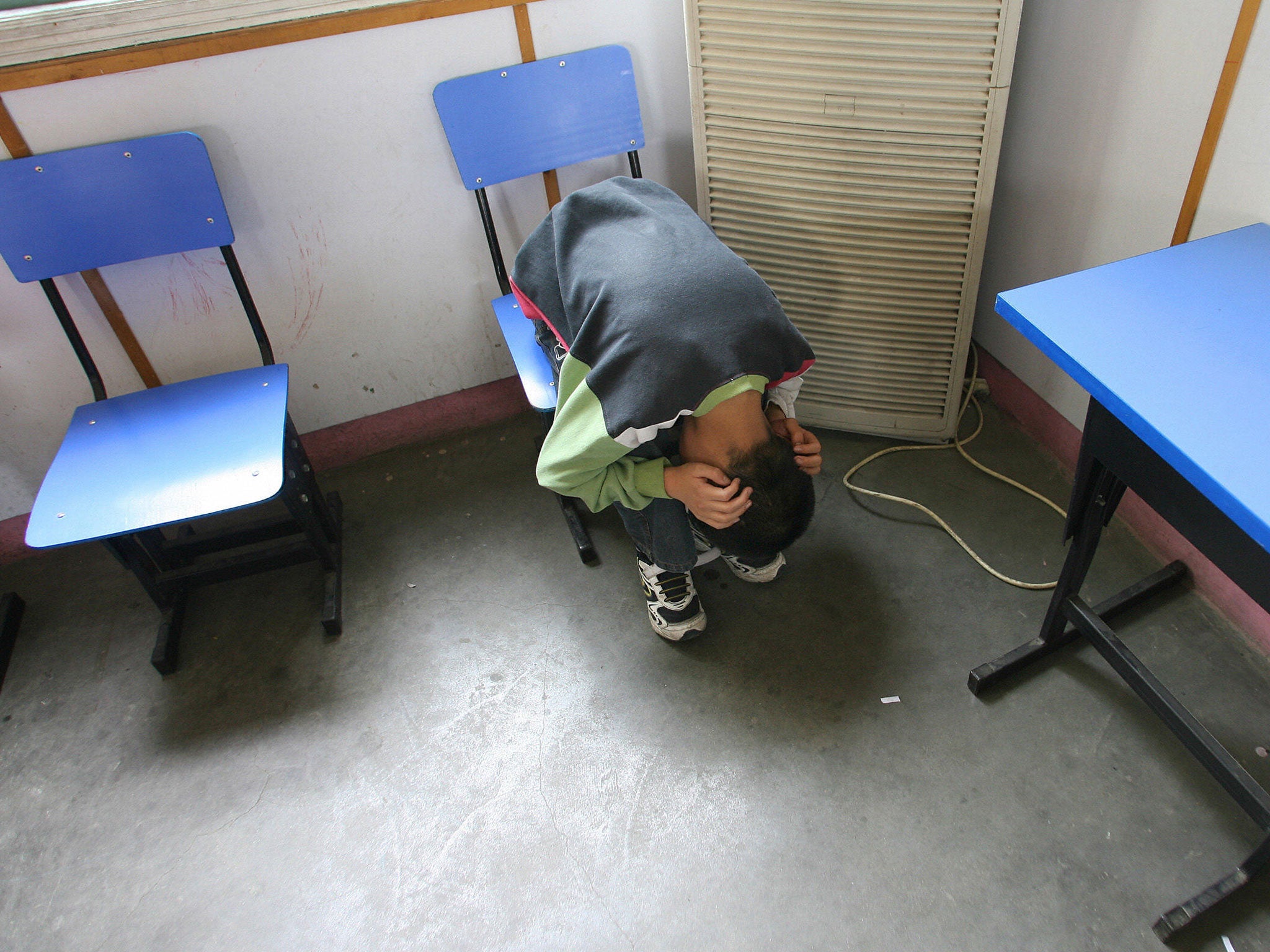'Mate crime' replacing hate crime as children with Asperger's and autism increasingly being abused and robbed by so-called friends
New research has found a staggeringly high number of people being abused or manipulated by people they believed to be their friend

Children with Asperger’s and autism are being bullied, abused and even robbed by people they think are their friends, according to study revealing the horrific extent of so-called “mate crime”.
A staggeringly high number of people with autism and Asperger’s syndrome are being subjected to mate crime, a form of disability hate crime in which a vulnerable person is manipulated or abused by someone they believed to be their friend, a survey by an autism charity has found.
The research uncovered heartbreaking stories of abuse – including one vulnerable young person who was tricked into giving his debit card and PIN number to a so-called friend who then used it run up huge bills. The parents of one 17-year-old girl told researchers how their daughter was robbed of her iPod and phone by classmates at school – and now had a boyfriend who “always turns up when it is her payday for her DLA” [disability living allowance].
A parent of a 14-year-old boy who responded to the survey said, “My son is absolutely harmless and extremely vulnerable. It is so hard explaining that people are making fun of him.”
A young man with autism said, “I was frightened to tell anyone about the bullying and theft and manipulation.” Another respondent said: “My brother was befriended by neighbours who robbed him and stored drugs in his flat.”
The report was based on an online survey of nearly 150 people with autism or Asperger’s syndrome or their carers conducted by Wirral Autistic Society earlier this year.

Robin Bush, CEO of the society, said, “Mate crime is morally reprehensible and these people are cowards. People with autism struggle enough with the complexities of daily life without having to live in fear that people who pretend to be their friends will steal from them, assault them or encourage them to commit crimes on their behalf. “
The report found that 80 per cent of respondents over the age of 16 felt they had been bullied or taken advantage of by someone they had thought was a friend. This compares to a figure of 49 per cent when the National Autistic Society asked the same question of over-18s in a nationwide survey last year.
The most vulnerable age group was 16 to 25. Every respondent in that age group reported having difficulty distinguishing genuine friends from those who may bully or abuse the friendship in some way. Eight out of 10 said that fear of bullying had caused them to turn down social opportunities.
More than seven out of 10 (71 per cent) respondents of all ages who had been victims of mate crime had been subject to verbal abuse. More than half (54 per cent) of 12-16 year-olds had had money or possessions stolen. Almost three-quarters (74 per cent) of over-25s reported that they had been manipulated.
Over a third of adults with autism had been subject to bullying or manipulation of a sexual nature – including being coerced into “sexting”.
The report concluded that people with autism were often unaware that they are in an abusive relationship. Parents and carers were the ones who recognised the problem but reported that they felt at a loss about who to turn to for help.
